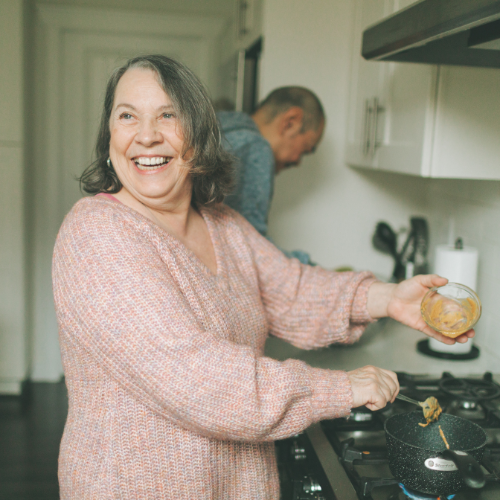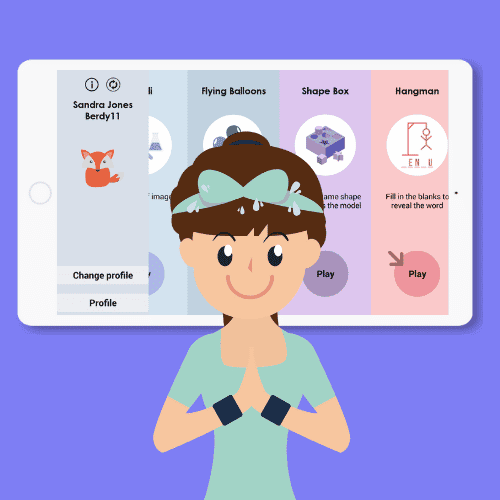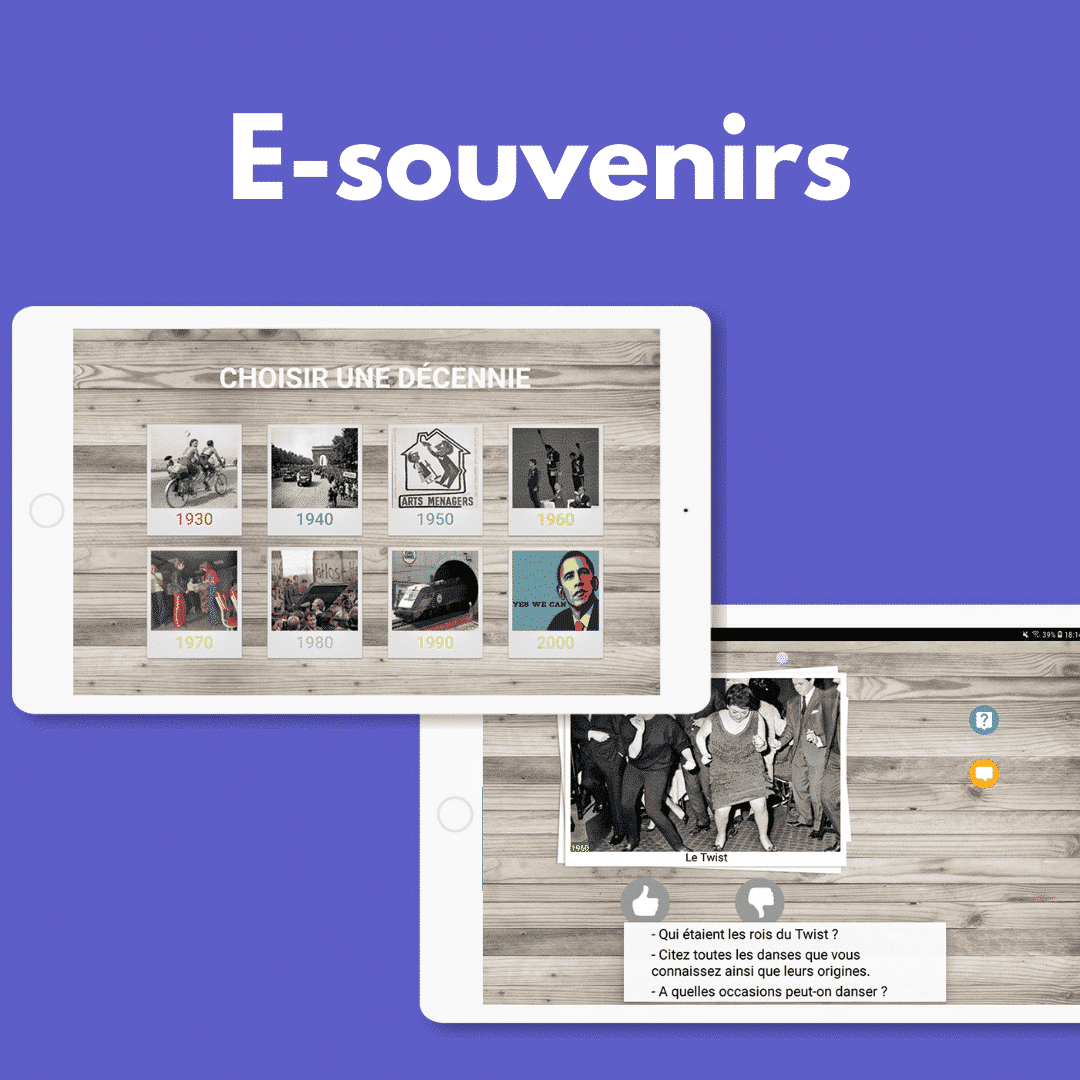Reminiscence is a therapeutic method widely used in retirement homes to stimulate memory and promote residents’ well-being. These specific activities help to relive memories of the past, strengthen social and emotional bonds, and improve residents’ quality of life. In this article, we’ll explore ideas for reminiscence activities suitable for seniors in retirement homes. We’ll also look at the importance of these activities for memory stimulation, as well as the benefits for residents’ physical, emotional and cognitive well-being.
Why is reminiscence important in nursingthomes?
Reminiscence plays a crucial role in the well-being of nursing home residents. Here are a few reasons why it’s so important:
1. Memory stimulation
Reminiscence activities offer a unique opportunity for residents to recall important moments in their lives. By revisiting these memories, it stimulates their long-term memory and encourages neuronal connections. These activities can help slow cognitive decline and maintain residents’ cognitive abilities.
2. Creating social links
Reminiscence activities encourage social interaction between residents, staff and families. Sharing common memories and experiences creates a sense of camaraderie and strengthens emotional bonds. These social interactions are essential to the emotional and social well-being of nursing home residents.
3. Improved physical and emotional well-being
Reminiscence allows residents to relive joyful, meaningful moments in their lives. This brings a feeling of happiness, satisfaction and accomplishment. Reminiscence activities can also help reduce feelings of anxiety, depression and loneliness, offering a sense of connection and belonging.
Ideas for reminiscence activities in retirement homes
Here are a few ideas for reminiscence activities that can be organized in retirement homes:
1. Photo sessions and souvenir albums
Organize photo shoots where residents can bring in photos of family, special events or places that are special to them. Then create memory books that they can consult and share with other residents and staff. This will allow us to relive important moments in their lives and share their stories.
2. Memory games and quizzes
Organize memory games and quizzes based on topics linked to residents’ memories, such as historical events, popular songs or period films. These activities will stimulate their memory while creating a friendly and competitive atmosphere. You could also consider introducing symbolic rewards for winners, such as certificates or small surprises.
3. Art and creation
Offer artistic activities adapted to residents’ abilities, such as painting, drawing, pottery or collage-making. Encourage them to express their creativity and share their achievements with other residents. These artistic activities offer a form of self-expression and can promote relaxation, concentration and personal satisfaction.
4. Music and dance
Organize music-listening or dance sessions to let residents relive memories linked to specific songs or musical genres. Music can evoke deep emotions and bring back happy memories. You can also invite local musicians or bands to perform live for an even more rewarding experience.
5. Cooking and tasting
Organize cooking workshops where residents can prepare traditional dishes or recipes they enjoyed in their youth. Involve them in every stage of preparation, from ingredient selection to final tasting. These activities stimulate not only the gustatory senses, but also the memories associated with flavors and aromas.
6. Gardening
Create a gardening space adapted to residents of retirement homes. They can take part in planting, caring for plants or harvesting vegetables and flowers. Gardening offers a tactile, sensory and therapeutic experience, while providing a link with nature and recalling memories linked to their gardening past.

7. Storytelling and writing sessions
Encourage residents to share their stories and memories through storytelling or writing sessions. They can write anecdotes, poems or letters about significant moments in their lives. These activities enable residents to express themselves, reminisce and pass on their experiences to future generations.
8. Screening of period films and documentaries
Organize screenings of period films and documentaries for residents. Choose films that evoke memories of their youth or important historical events. After the screening, encourage residents to share their thoughts and memories of the film, encouraging discussion and exchange.
Reminiscence activities in retirement homes are vitally important for memory stimulation, social bonding and the general well-being of residents. By offering a variety of adapted activities, such as photo sessions, memory games, art and creation, music and dance, cooking and tasting, gardening, storytelling and writing sessions, as well as the screening of vintage films, you offer residents an opportunity to relive precious moments in their lives, boost their self-esteem and create intergenerational links.
When organizing these activities, it’s important to take into account residents’ individual needs, ability levels and personal preferences. Make sure you create a warm, welcoming and respectful environment where everyone feels comfortable sharing their memories and taking part in the activities on offer.
By encouraging reminiscence in nursing homes, you contribute to their overall well-being, fostering their emotional, cognitive and social development. These moments of sharing and reflection offer an enriching experience for all participants, and strengthen intergenerational ties within community.
Remember that each resident is unique, and that the main aim of these activities is to accompany them on their journey of reminiscence with kindness and respect. By providing a supportive environment and stimulating activities, you can help create precious, memorable moments for nursing home residents.
Test these tablet reminiscence apps for free
CLINT
More than 30 cognitive games for independent seniors, with many cultural games for fun reminiscence workshops (Quiz, recipes, geography, … )

SCARLETT
The same games, but easier, for people suffering from dementia or Alzheimer’s disease. Recalling memories has a very positive impact.

E-MEMORIES
The E-Memories app presents images, videos and audio clips, with music from the 1930s to the present day, for their enjoyment!

COMING SOON
Other articles that might interest you:
The Role of Cognitive Apps in Speech Therapy for Alzheimer’s Patients
Alzheimer’s disease is a progressive neurological disorder that primarily affects memory, thinking, and behavior. As...
Memory Apps for Alzheimer’s: Enhancing Recall in Speech Therapy Sessions
Alzheimer's disease is a progressive neurological disorder that primarily affects memory, thinking, and behavior. As...
Cognitive Rehabilitation Apps for Speech Therapy with Alzheimer’s Patients
In recent years, the landscape of cognitive rehabilitation has evolved significantly, largely due to the advent of...








